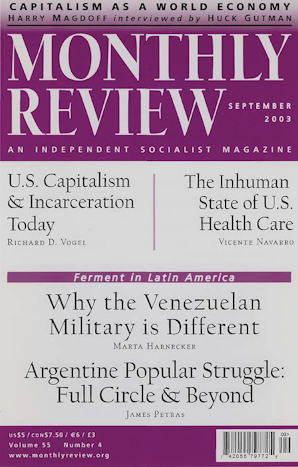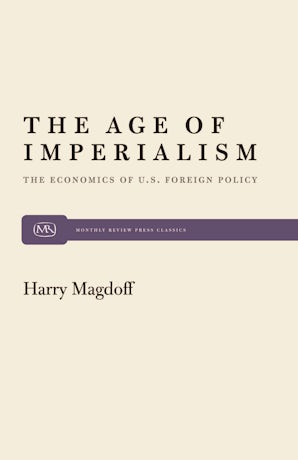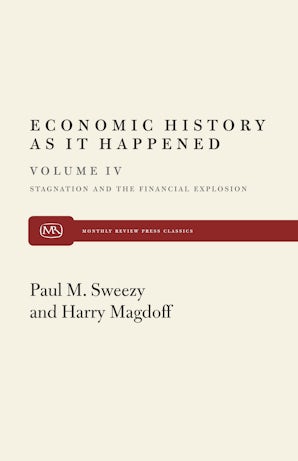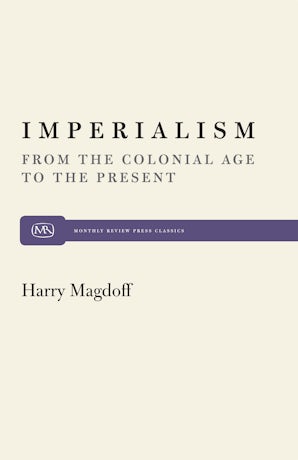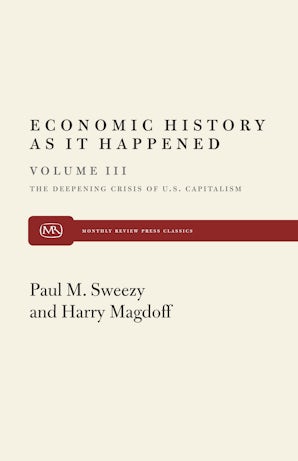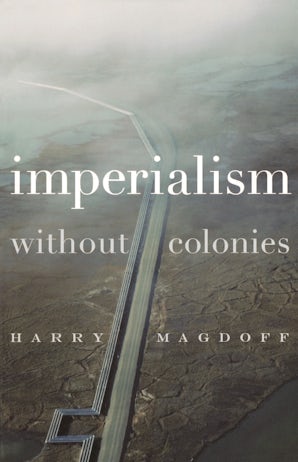Books by Harry Magdoff
The Age of Imperialism
by Harry Magdoff
Stagnation and the Financial Explosion
by Harry Magdoff and Paul M. Sweezy
Imperialism
by Harry Magdoff
Deepening Crisis
by Harry Magdoff
Imperialism Without Colonies
by Harry Magdoff
Introduction by John Bellamy Foster
Article by Harry Magdoff
- Listen to the Ecologists!
- Socialism—A Time to Retreat? The Perspective of ‘Monthly Review’ at the Opening of the Twenty-First Century
- The Ecological Crisis of Capitalism and Human Survival
- The Political Tragedy of Capitalist Rule
- The Puzzle of Financialization
- End of Cold War Illusions
- Whither China? An Exchange from 2002Ð03
- A Note on the Communist Manifesto
- The Clock Slows Down
- The New Stage of Globalization

